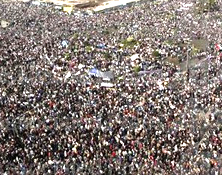
Arab Revolt in Context: Power, Counter-Revolution and New Horizons
The Arab revolt that we now witness is something akin to a "1968" for the Arab World.

The Arab revolt that we now witness is something akin to a "1968" for the Arab World.
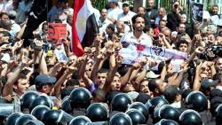
The lesson of Tunis, Sanaa, and Cairo is that democracy rhetoric is more than a strategy for the assertion of American dominance. On the contrary, it is a language that fuses moral and political power into a radical claim that every human being deserves a voice in the decisions that affect their daily lives.
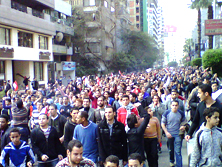
Now is the time for Western leaders to recognize the tide of history and come out strongly in support of the Egyptian revolution.
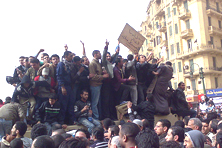
Throughout the Arab world, governments have been unable or unwilling to open serious discussions on socio-economic policies and alternatives. It is in Egypt that, following the Tunisian example, people have taken to the streets demanding that President Hosni Moubarak must go. The cries of the Tunisian revolutionary movement “Liberty-Work-Dignity” have been taken up by other peoples.
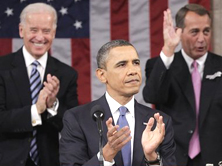
Only days before President Obama delivered this year’s State of the Union speech, a startlingly grim assessment of global climate change was released by the International Energy Agency which was as definitive as it was dramatic.

Einstein once defined insanity as doing the same thing over and over again and waiting for different results. Therefore, perhaps it was madness to hope that Tony Blair, appearing for the second time at the Iraq Inquiry would tell us anything new.
Copyright Toward Freedom 2019